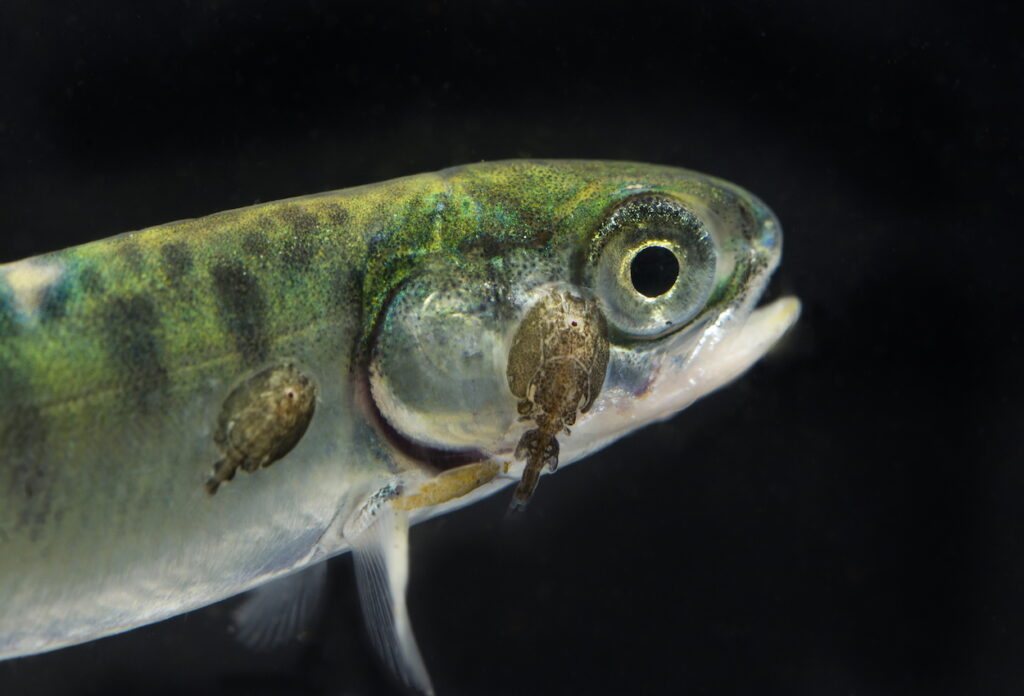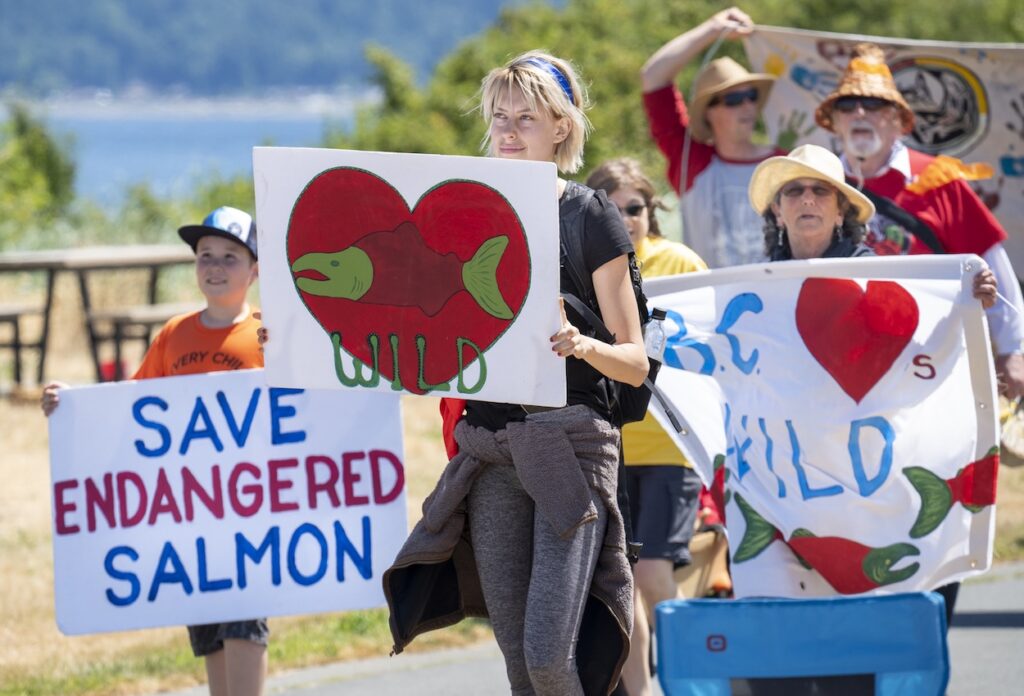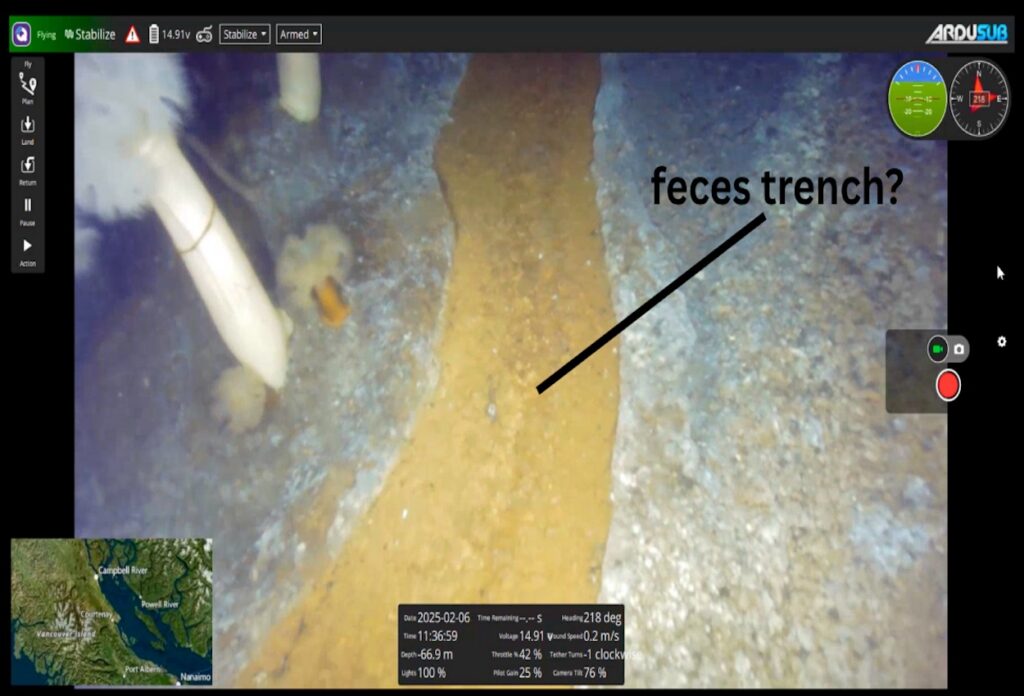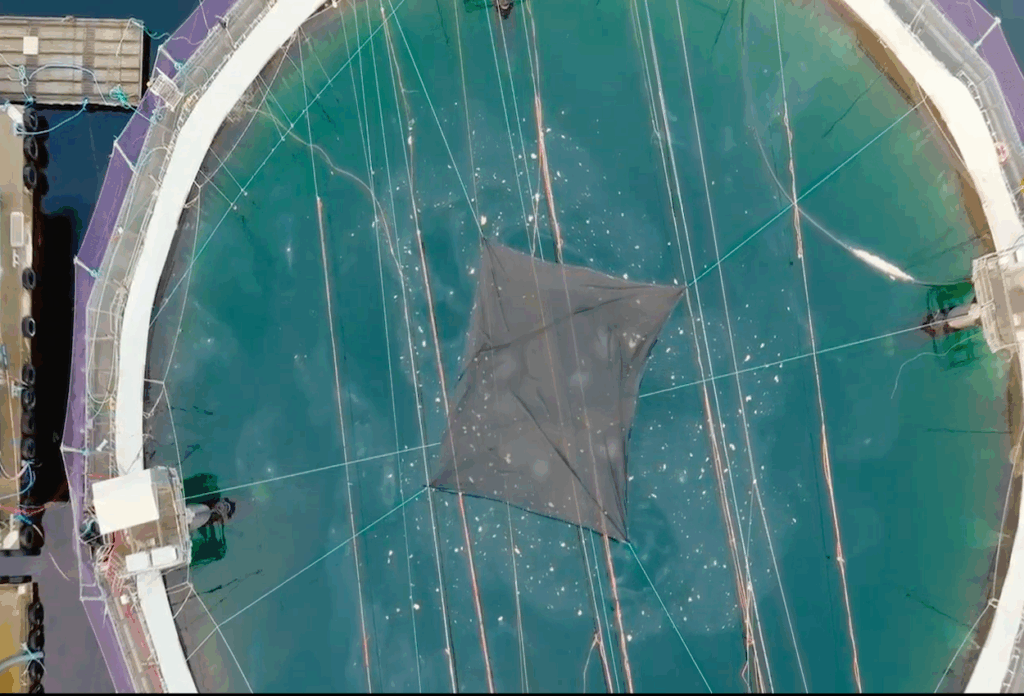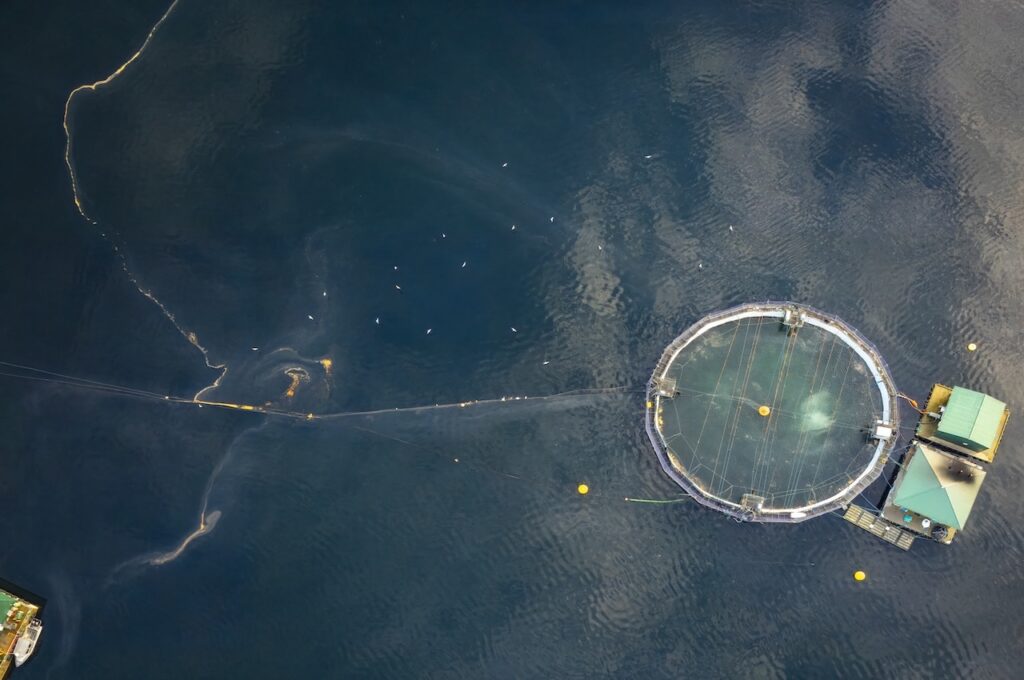(Editor: Imperial Metals, of Mount Polley infamy, is considering two mines in Clayoquot Sound. If they ever actually apply for a mine development permit, the clock begins ticking—local communities would have 6 months to participate in an Environmental Assessment process, which in BC has never refused a mine permit. Clayoquot Action invited Kamloops resident Dr. Ross Friedman to describe her experience with the EA process.)
KGHM Ajax Mining Inc. (a Polish-owned corporation) wants to dig a huge, noisy, dusty open-pit copper and gold mine near Kamloops, BC, a city of 90,000 people. The mine would be within 1.4 kilometres of the nearest residences, and within 2 kilometres from the nearest elementary school.
Furthermore, the proposed KGHM Ajax mine would be located on unceded lands of the Stk’emlupsemc te Secwepemc Nation (SSN), including Pípsell (Jacko Lake and surrounding area), a cultural keystone area with significant spiritual and historical importance to the SSN. The SSN have a sacred responsibility to protect and assert jurisdiction over their territory, and as such, made a landmark Declaration of Title on June 21, 2015 at Pípsell. The SSN is conducting its own assessment of the proposed Ajax Mine Project using its own laws and jurisdictional authority.
Environmental assessment: 5 years and counting
The pre-application phase of the BC Environmental Assessment Office (EAO) process began in February, 2011, and the threat of this hazard has been hanging over the heads of Kamloopsians and other community members ever since; that’s five years and counting, and while the EAO wants to be respectful of the SSN land claim, it seems to be largely ignoring the declaration.
The EA machine is chugging through the same stages as any EA, seemingly oblivious to fact that the proposed Ajax mine would not be in a remote area, but would instead be upwind and uphill of an active, populated city. In fact, the BC EAO’s electronic Project Information Centre describes the process as a “typical environmental assessment”.
However, if this assessment is typical, then residents in any community should be truly alarmed. Did you know that a mining company can request and be granted a “pause” at any time during the 180-day review under the comprehensive assessment, solely for the proponent’s benefit? KGHM asked for and was granted a cessation to the 180-day review of the mine’s impacts on Wednesday May 4, 2016, which is day 107 of the process in order to deal with the many, many concerns raised by the community. The process is simply in limbo, with KGHM being given an undetermined amount of time to respond to public submissions. The public is left wondering what is going on, and when the active threat will resume. There is also no indication that the public will get a chance to comment on the responses, for an additional comment period on the responses is not included in the “typical process”.
Community advisory group ignored
In a seeming attempt to mitigate community concerns, the BCEAO did modify its process to include the so-called “Community Advisory Group” (CAG) consisting of representatives from about 20 citizen groups (e.g., the Grasslands Conservation Council of BC). However, citizen reviews on the importance of the CAG are mixed: on one hand, it was useful to be able to form coalitions with others (mostly) sharing the same view, but on the other hand, many groups largely felt like they were co-opted into the process to give it legitimacy and apparent transparency while not accomplishing much of significance. More disconcerting is that the BCEAO has essentially ignored the CAG, not supporting the CAG’s call to have the company disclose assay data, for example; to date, KGHM has not shared any assay data that has been scientifically-validated as being representative of the local geochemistry.
It is essential to recognize that the EA process is flawed and underfunded, and that concerned community members must be diligent in monitoring the EA process at all times. The process will not protect you from resource development; it is designed to “get to yes”, no matter how neutral it appears. And certainly, monitoring and mitigation of any approved or permitted project becomes a whole new problem.
Parallel community assessment a must-do
Thus, it is critical that concerned community members (including local Indigenous communities and their leaders) band together and run a parallel assessment. Bring in heavyweight community members (professionals, politicians, Chiefs, respected businesspeople) to speak on your behalf. When it comes time for expert critiques, use CrowdFunding and other such fundraising endeavors (including grants) to hire your own experts. While these experts will likely be perceived as “biased”, the information they will dig up will likely be irrefutable. Fight the issue on the environmental, legal, and political front, and do not be afraid to speak up.
We believe our efforts in keeping the proposed mine at the forefront of Kamloops issues and in challenging the BCEAO process in all fronts has been instrumental in bringing real attention to the threat that is the proposed Ajax mine.
Dr. Ross Friedman is a full professor in the Dept. of Biological Sciences at Thompson Rivers University (TRU) in Kamloops, BC, a member of the Royal Society of Canada’s College of New Scholars and a Fellow of the Royal Society of Arts (London). She has been opposed to the mine from the moment she heard about it in 2011, and has been active in groups opposing the mine ever since (TRU Faculty Association, Kamloops Area Preservation Association, Kamloops Physicians for a Healthy Environment Society, to name a few). She made her first serious anti-Ajax splash in late 2011 when she angered a good many in the labour community by speaking out against the mine in her capacity as an executive member of the Kamloops and District Labour Council. Since that time, through her tireless advocacy (and by facing myriad personal attacks), many in the labour movement have come around to her view.
